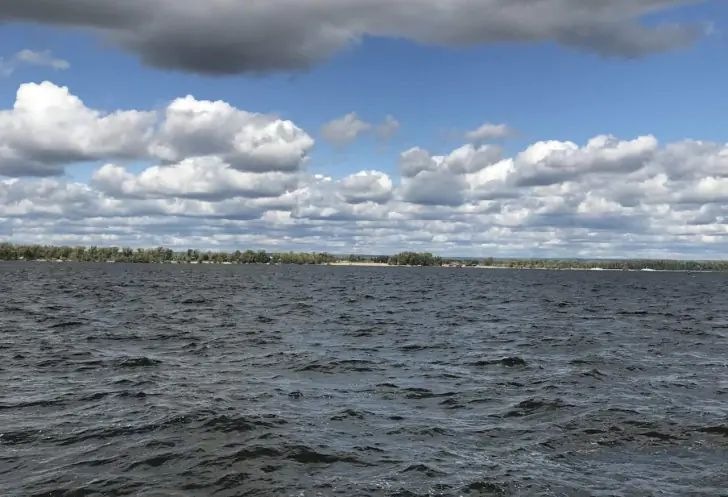Construction of dams on the Koksu River: archaeologists are sounding the alarm
In the Zhetysu region, near the city of Taldykorgan, it is planned to build several hydroelectric power stations on the Koksu River, which caused indignation among eco-activists and local residents. The correspondent of the Kursiv edition arrived at the place together with volunteers to sort out the situation.

Activists fear that after the construction of the station, the microclimate in the region will change, it will become more humid and the destruction of rocks with unique images will accelerate. There is also a possibility that many of the unexplored petroglyphs may be flooded due to the rise of water by the dam.
For archaeologists and ordinary tourists, the region is also of great interest. Scientific volunteers of the public foundation “Petroglyph Hunters”, led by Olga Gumirova, organized a visit to the construction site of the facility.
“Eskiolmes is an extremely special region, of which only half have actually been studied since 1982. This is one of the largest clusters of petroglyphs in Eurasia. At the moment, officially 15-17 thousand drawings are listed there. This site, there are drawings there too, but no one has seen them, no one has examined them,” Olga told reporters.
The HPP can close access to artifacts for everyone.
“You see, this is the very region that has been sacred for many millennia. And the preservation of these monuments is important not only for us living now, but also for those who will be after,” Olga added.
Olga also said that below the slope, at a distance of about 800 meters from the dam, there are clusters of petroglyphs on the nomadic trail. On the other side of the river there is a huge number of burial grounds, including the Saka.
Daniil Devyatkin (“Italics”)


